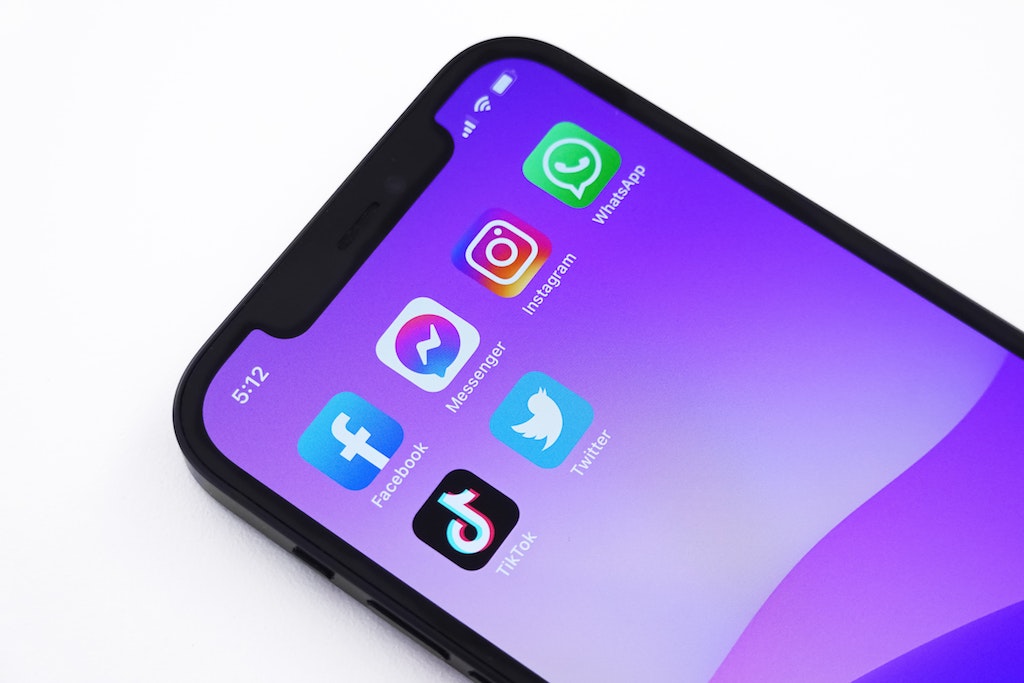Slogans of “mga inaatake ng anxiety for May 9,” “mga hindi maka-focus sa work this week and next week,” and other iterations have been making the rounds all over social media since we’ve hit the one-week mark to election day.
My friends’ morning messages have evolved from funny memes and the latest Twitter gossip to echoes of “I had a bad dream about [so-and-so candidate],” or “I dreamt we lost the campaign.”
All this points to a proven fact: Election anxiety is real, and it is taking a chokehold on the vast voting public now.
This is a fairly new phenomenon, first observed in the US by psychologist Steven Stosny after the American presidential election in 2016. Stosny coined the term “election stress disorder,” referring to the stress and conflict experienced by people amid the election and post-election period.
“The vitriol and pervasive negativity of the campaigns, amplified by 24-hour news and social media, created a level of stress and resentment that intruded into many people’s intimate relationships,” Stosny said. Sound familiar?
The New York Times also cites a 2019 study in the PLOS One journal that “engaging in politics can have negative consequences on one’s health and friendships.”
So yes, if you’re one of the “mga laging galit for ____” or “mga nauubusan ng pasensya para sa ___,” and have suddenly found yourself waking up choosing violence (a.k.a. having renewed energy to “barda” on Facebook), don’t worry. You’re not alone, this is not weird, and it’s all—at this point—an expected psychological response.

But I know, it’s draining and can get toxic. So if you’re getting overwhelmed by the looming elections, here’s what you can do.
Limit your screen time. While you may argue that you need to be on social media to stay aware of the upcoming campaign events or news, please, think of yourself, too. If by this point you’ve already made up your mind and have prepared your slate for May 9, there’s no need to linger more than necessary on social media.
Delete the apps or make them harder to access. Set time limits, or just turn off notifications. Much like how we need to get off the phone to focus on work, we’ll need to get off the phone to have some peace pre- and post-elections.
With newfound time, dedicate yourself to a new activity. Instead of doomscrolling, use the time “productively” for other more enriching activities. Maybe sneak in a workout, or read that new book you got. Watch a movie, or spend time with family or friends (especially now that restrictions have been eased).
Get some rest—and we don’t mean just sleep, but a more holistic kind of rest.
Shift your focus. Much of our anxiety lies in our worry over things we have no control over. The American Psychology Association offers the following advice: “Avoid dwelling on things you can’t control. When uncertainty strikes, many people immediately imagine worst-case scenarios. Break the habit of ruminating on bad outcomes.”
Also remember that if the stress and anxiety, whether politically motivated or not, becomes unmanageable, it’s always okay to seek professional help.
It’s understandable why we may be stressed—the next six years will be defined by this new administration and their actions and policies, especially as we navigate out of this pandemic and towards the nearing deadlines of global climate goals. But if we want to be able to vote soundly on May 9, please, take care of yourself today.